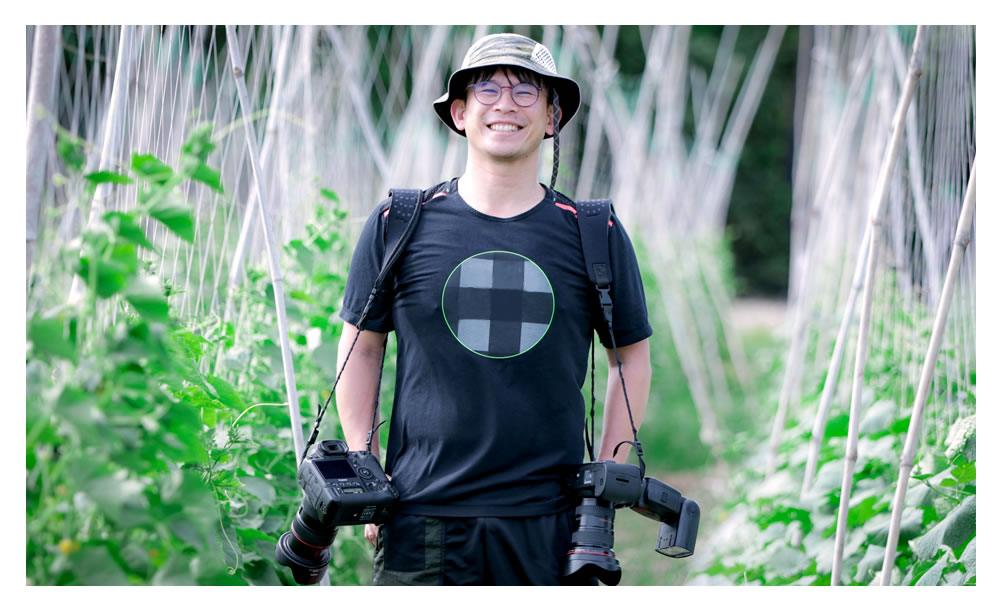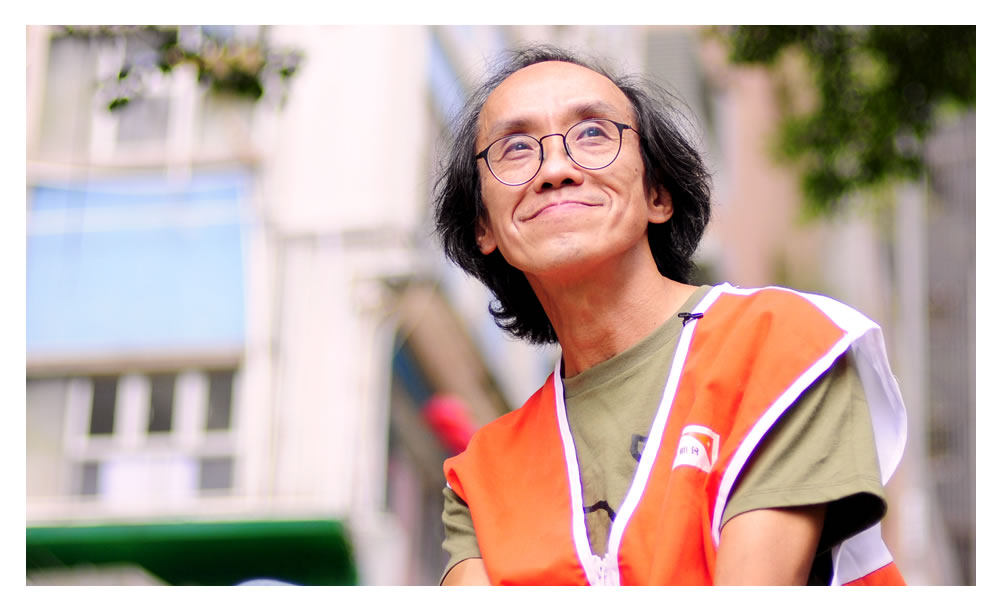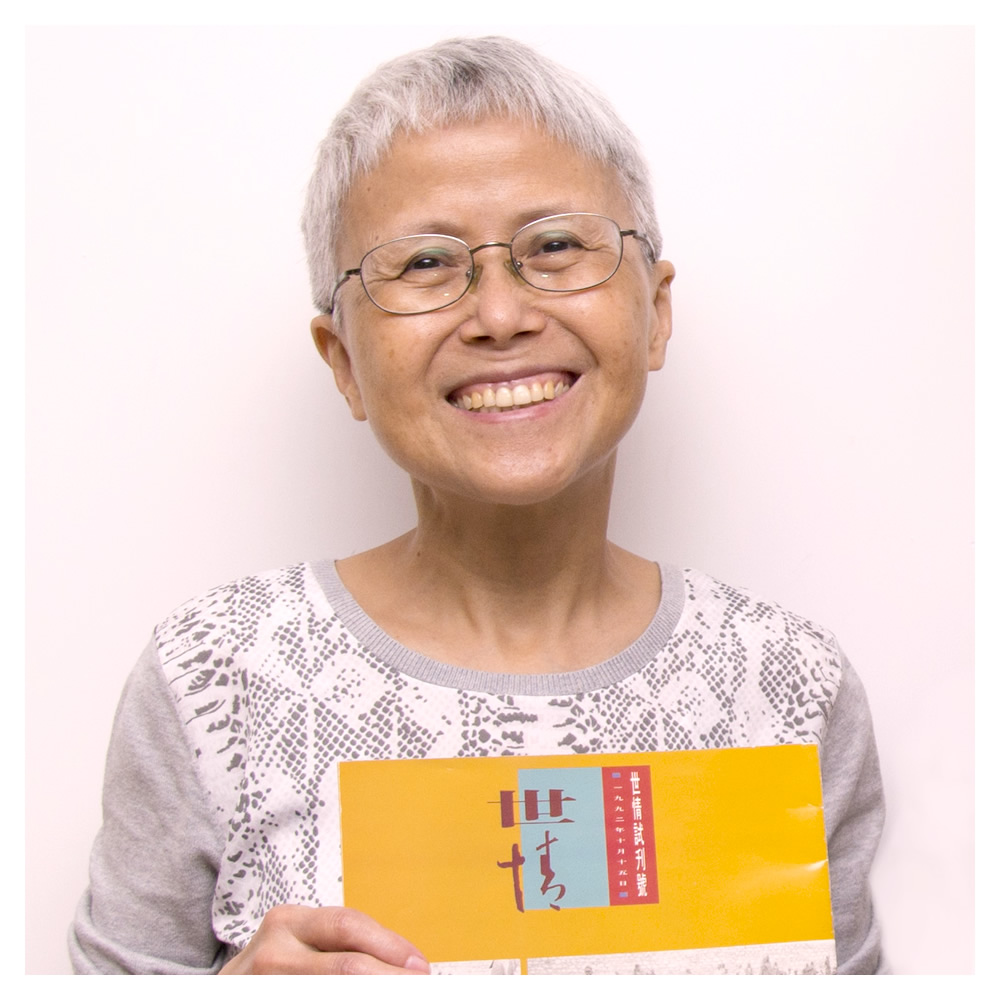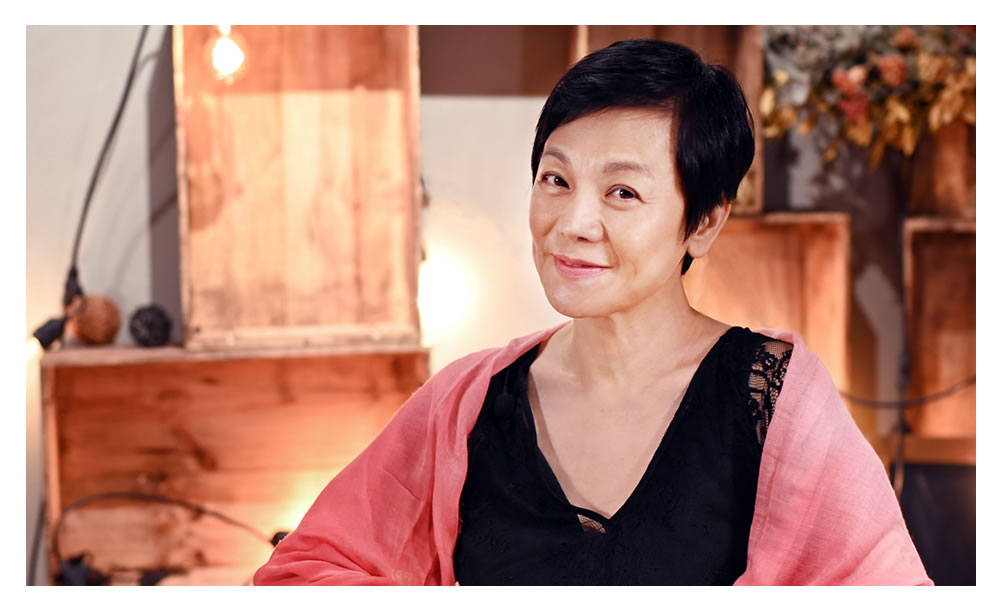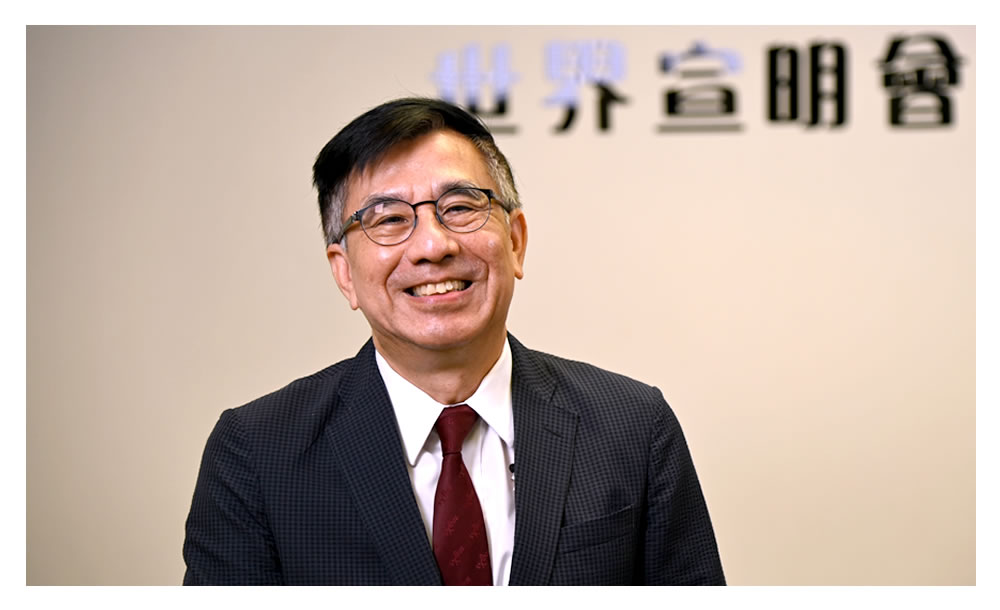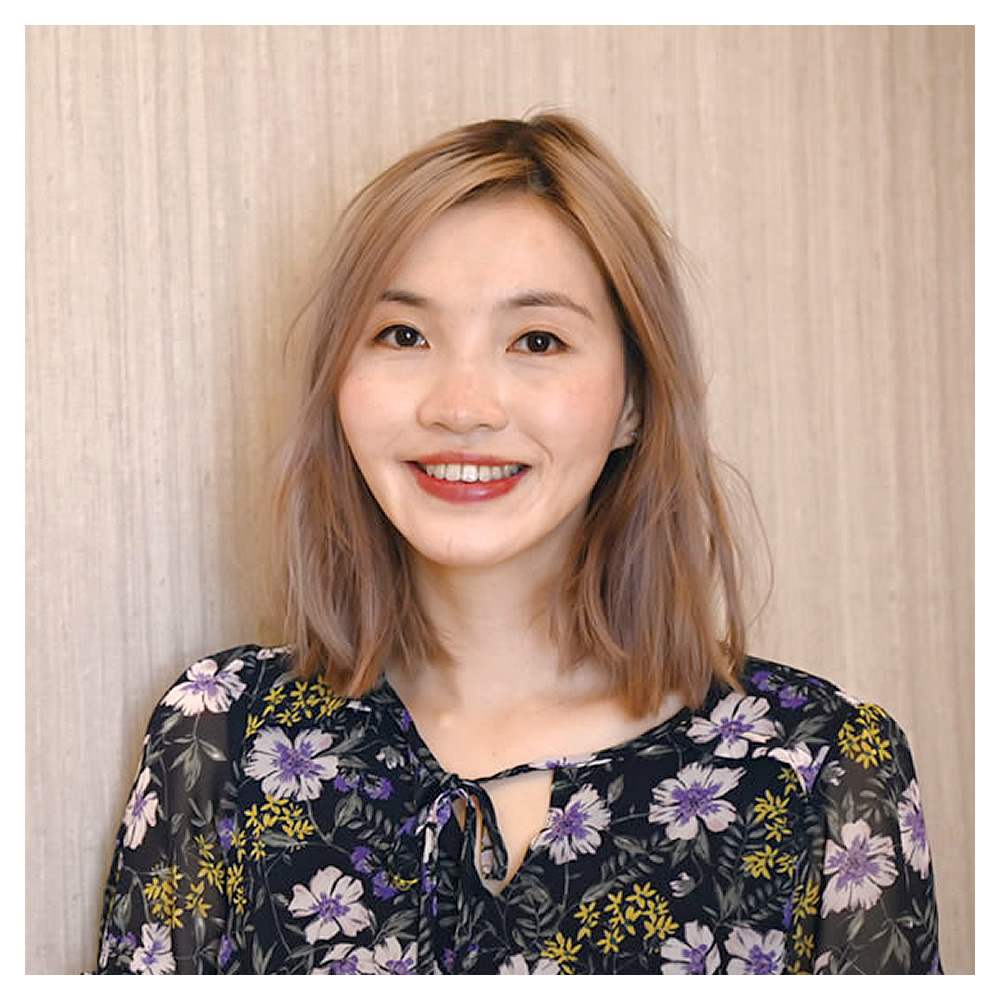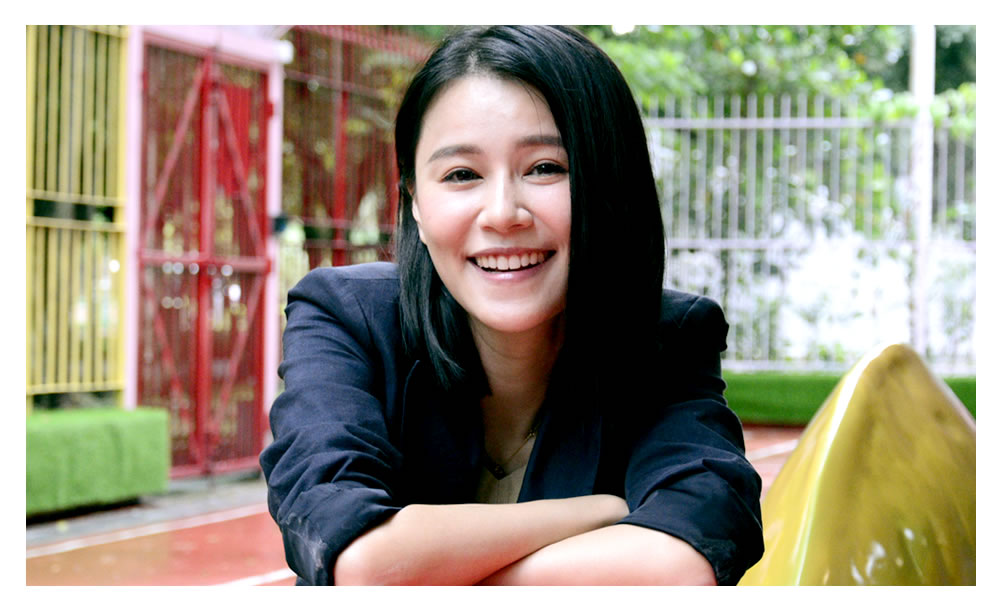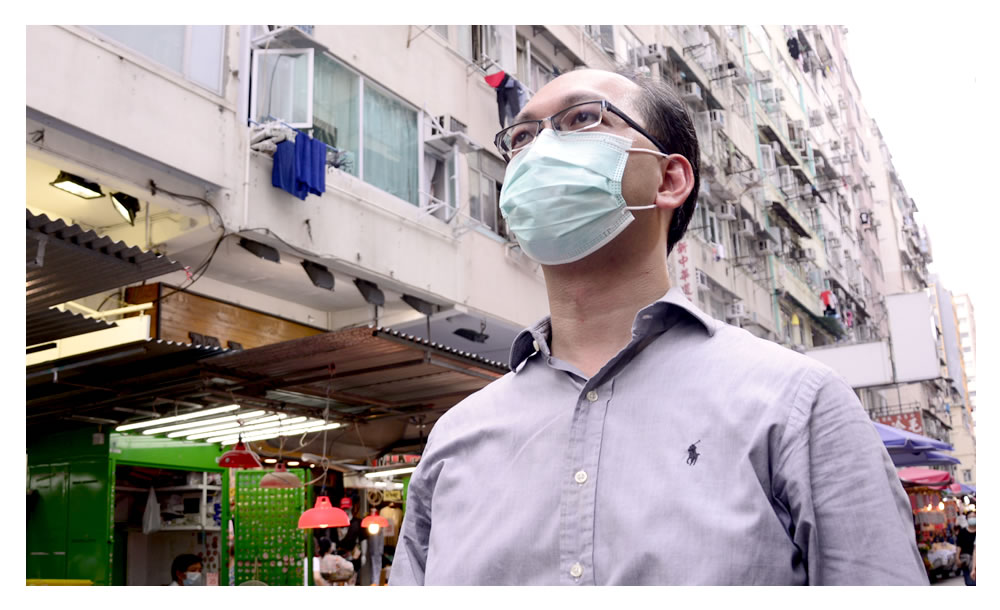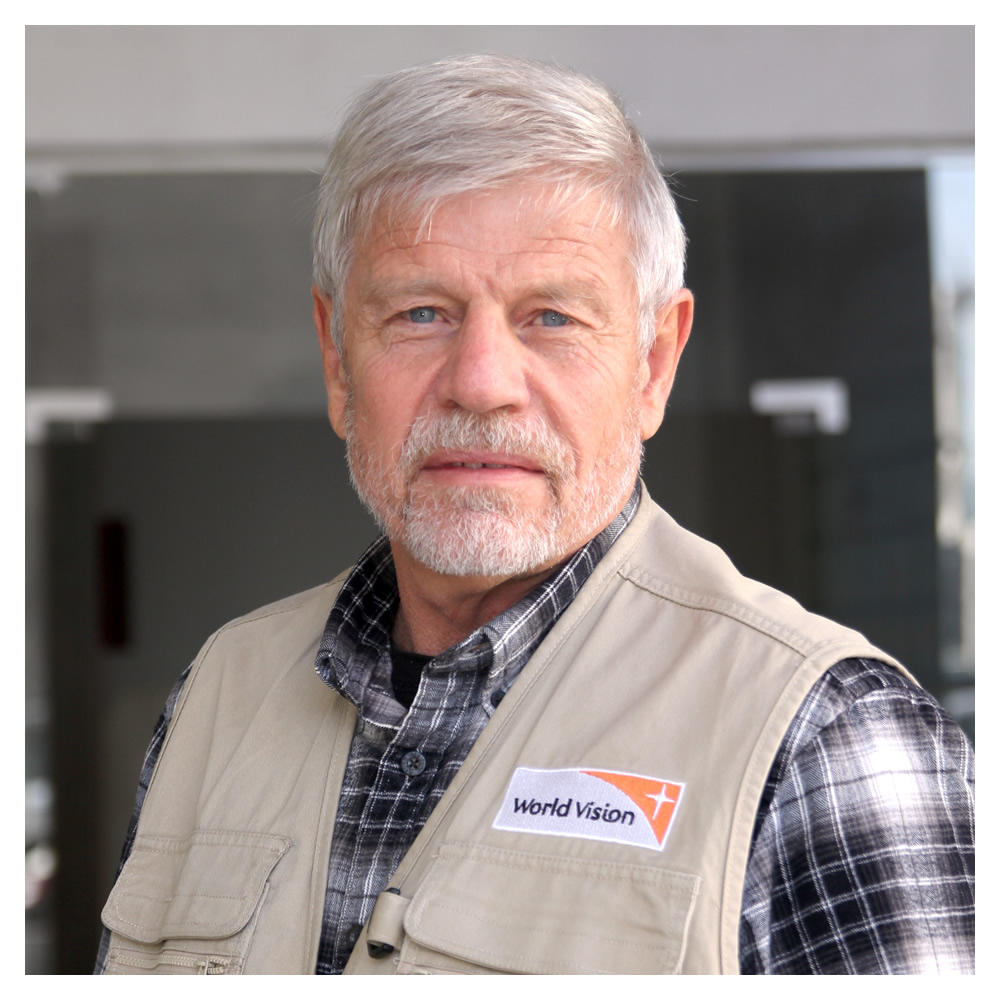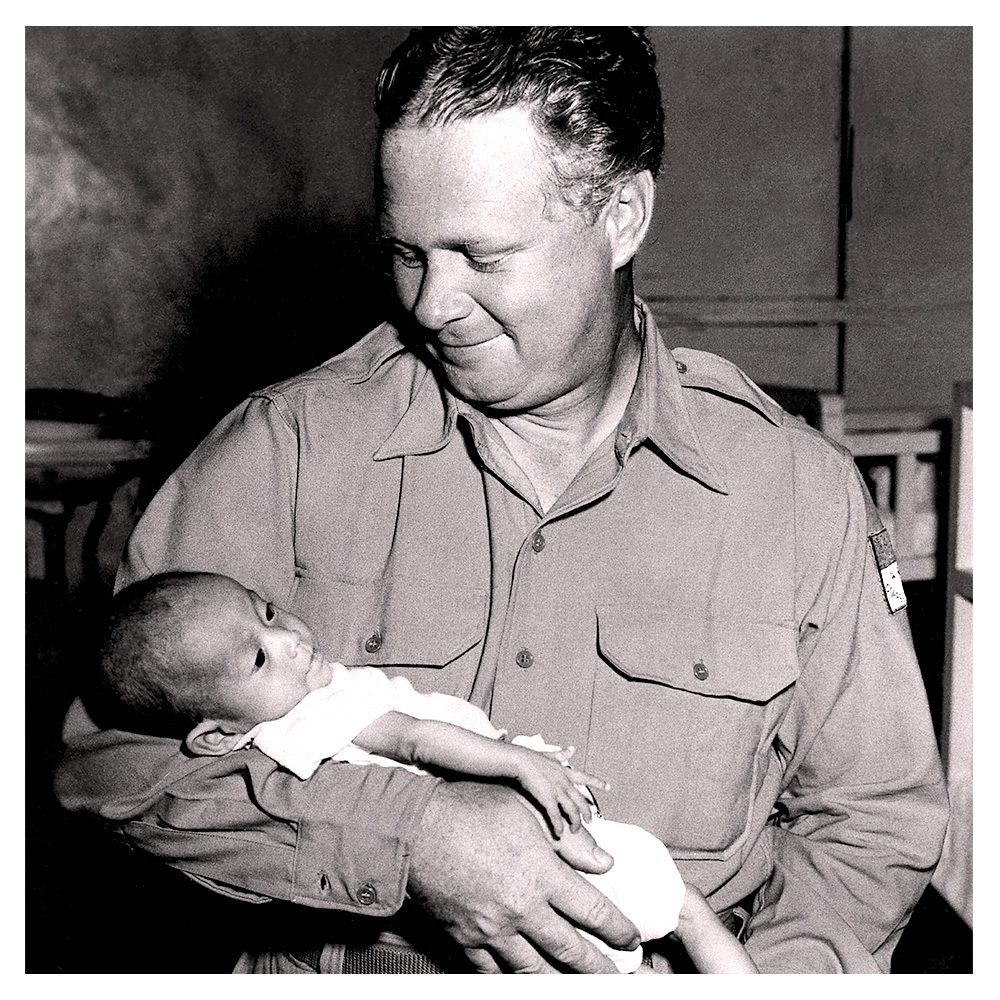
Among the supporter tours that World Vision organises every year, there is a good number of participants in their fifties and sixties. While most of them see themselves as ordinary people doing something as ordinary as sponsoring children, they often realise the extraordinary impact that they bring when meeting their sponsored children face-to-face.
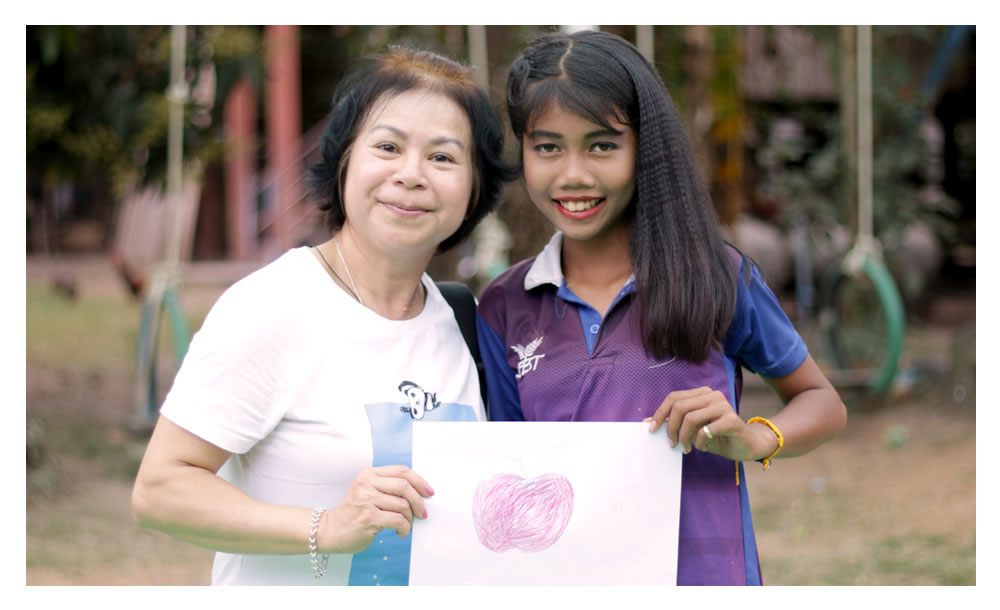
“When joining child sponsorship, I just wanted to directly help a child out of poverty. Somehow you don’t need to think too much when you help others.” – Susan
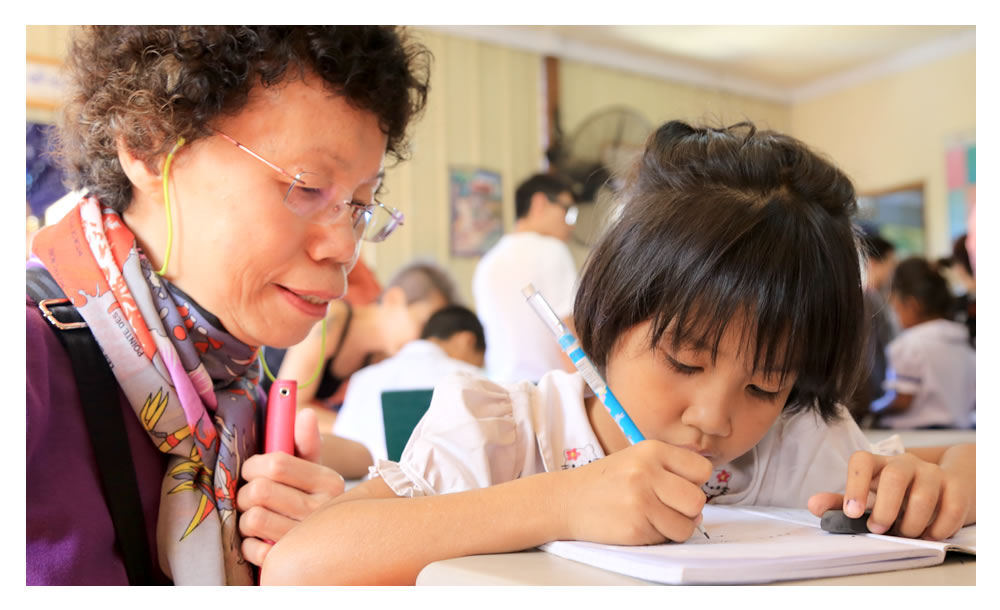
“We may not be able to change the world, but if each of us sponsors a child, we can at least give another family a chance.” – Yiu Yiu
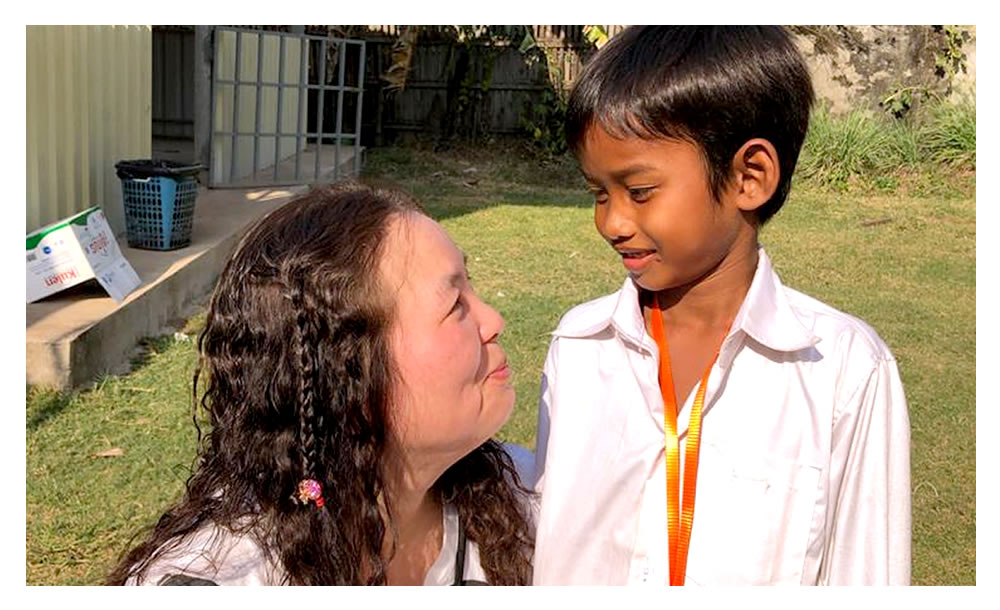
“I have found that sponsoring do not just help my sponsored child, but also other children and their families. I will continue to help others as long as I am able to do so.” – Ceciline
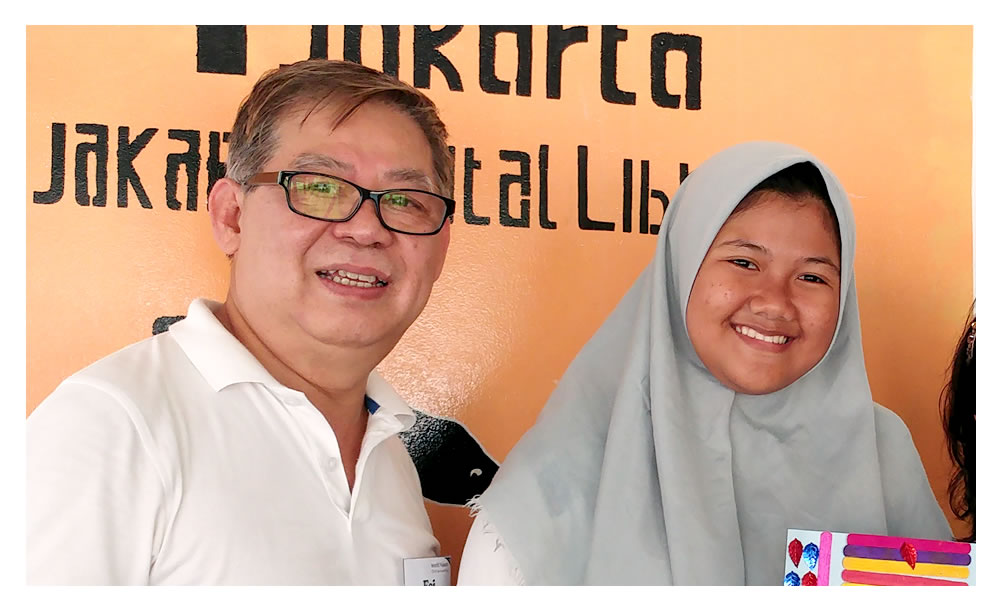
“I didn’t really think too much when I started sponsoring. I just did it because I felt I could. I hope whoever capable will also take this step.” – Fei

